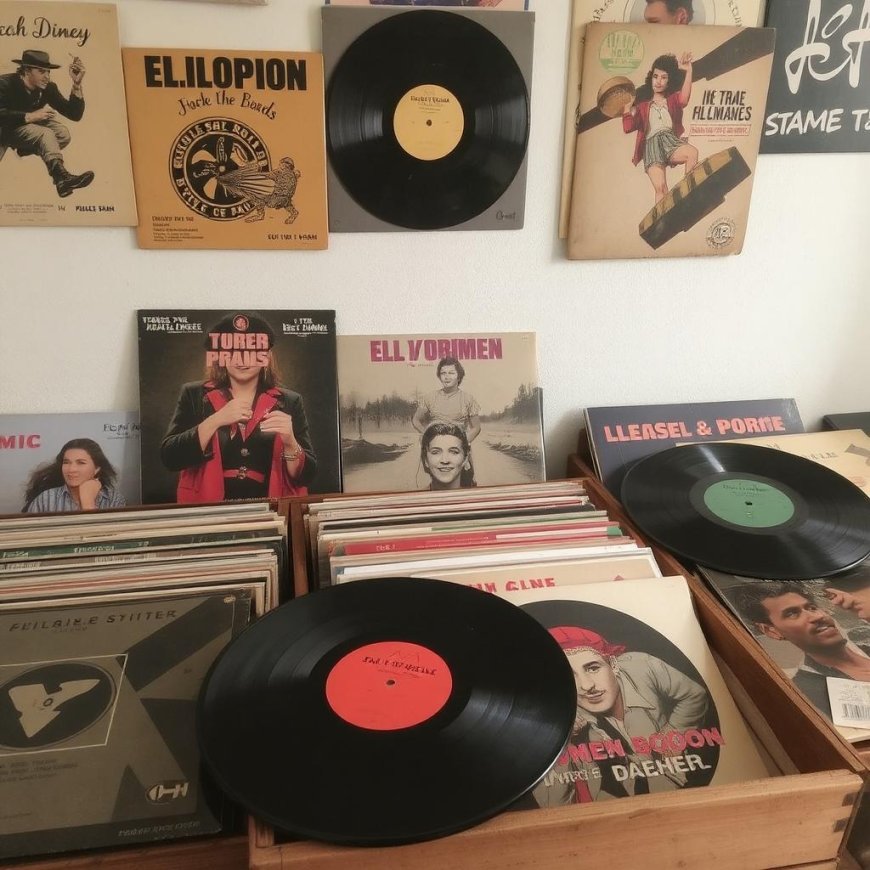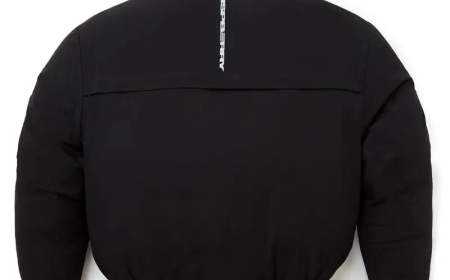Iconic Concerts and Studio Sessions Captured on Indian Vinyl

The rich heritage of Indian classical music has been preserved through landmark vinyl recordings that document historic performances and groundbreaking studio sessions. These records capture not just the music itself, but the cultural moments and artistic breakthroughs that shaped India's classical traditions. From intimate studio experiments to legendary concert hall performances, these vinyl records releases represent invaluable chapters in the story of Indian music.
The Golden Era of Studio Recording (1950s-1970s)
India's post-independence period saw an explosion of high-quality studio recordings as vinyl technology became more accessible. Major labels like HMV, EMI, and Columbia established sophisticated recording facilities in Mumbai, Kolkata, and Chennai, attracting the era's greatest musicians.
Pioneering Studio Techniques
- Close-Miking Innovations
Engineers developed specialized techniques to capture Indian instruments:
- Multiple mic placements for sitar (bridge, resonator, sympathetic strings)
- Custom baffling for tabla dynamics
- Vocal booth designs preserving natural reverberation
- Extended Format Possibilities
The LP allowed longer explorations than 78 RPM records:
- Complete raga developments (alap-jor-jhala-gat)
- Uninterrupted 25-minute performances per side
- Conceptual album programming
- Signature Studio Sounds
Each major studio developed distinctive characteristics:
- HMV's Bombay Studio - Warm midrange emphasis
- EMI's Calcutta Facility - Crisp high-frequency detail
- Madras' Ramanathan Studio - Natural room acoustics
Historic Concert Recordings on Vinyl
Several landmark live performances were immortalized on vinyl, capturing the electric energy of public recitals.
All-India Music Conference Recordings
The annual conferences produced legendary live albums:
- 1954 Bombay Conference(Ravi Shankar & Ali Akbar Khan)
First commercial release of jugalbandi concept - 1962 Calcutta Conference(Bismillah Khan shehnai recital)
Defined the instrument's classical potential - 1971 Delhi Conference(Kishori Amonkar breakthrough)
Established the Jaipur-Atrauli gharana revival
Temple and Festival Recordings
Sacred spaces yielded unique performances:
- Tiruvaiyaru Tyagaraja Aradhana(1968)
Rare documentation of pan-Indian artist collaborations - Varanasi Ganga Mahotsav(1975)
Morning ragas performed at dawn with natural acoustics - Purushottam Das Tabla Solo(1972)
Unprecedented 45-minute live recording
Legendary Studio Albums That Redefined Genres
Certain studio sessions produced revolutionary results that influenced generations.
Hindustani Instrumental Milestones
- Ravi Shankar - "In London" (1966)
First Indian classical album recorded abroad
Introduced Western audiences to authentic raga structures - Vilayat Khan - "Raga Marwa" (1973)
Redefined sitar technique with radical meend patterns
Featured innovative studio echo effects - Hariprasad Chaurasia - "Morning Ragas" (1978)
Established bansuri as serious classical instrument
Perfect dawn raga selections
Carnatic Vocal Masterpieces
- M.S. Subbulakshmi - "Meera Bhajans" (1967)
Brought devotional music to mainstream audiences
Set new standards for recording purity - Semmangudi Srinivasa Iyer - "Ragam Thanam Pallavi" (1971)
Definitive documentation of Thanjavur style
Included rare 72 melakarta demonstration - Balamuralikrishna - "Raga Symphony" (1975)
Bold experiment with Carnatic-Western fusion
Featured innovative multitracking
The Art of Live-to-Vinyl Recording
Capturing concerts directly to disc required extraordinary skill:
Technical Challenges Overcome
- No Second Takes
Engineers had one chance to capture perfect levels - Acoustic Adaptations
Modified venues for optimal sound capture - Disc Cutting On-Site
Mobile cutting lathes used at major festivals
Famous Direct-to-Disc Albums
- Nikhil Banerjee - "Calcutta 1970"
Unedited 48-minute raga development - Alla Rakha - "Tabla Solo Live"
Spontaneous rhythmic innovations - Dagar Brothers - "Dhrupad at Dawn"
Morning raga with environmental sounds
The Collector's Perspective
Rare vinyl editions of these recordings command premium prices:
Most Sought-After Pressings
- Test Pressings
Pre-release versions with alternate mixes - Limited Editions
Numbered copies for music conferences - Misprinted Labels
Historical curiosities with wrong raga listings
Condition Considerations
Grading standards for classical vinyl:
- Surface noise more tolerable than pop/rock
- Sleeve notes critically important
- Original inner sleeves preferred
The Legacy of These Recordings
These historic sessions continue to influence music today:
Educational Value
- Gharana Documentation
Preserved distinct stylistic approaches - Performance Practice
Show historical tempo and ornamentation norms - Compositional Analysis
Reveal structural innovations
Cultural Importance
- National Identity
Soundtrack to post-indissance era - Diplomatic Tools
Cultural ambassadors abroad - Technological Heritage
Showcase India's recording innovations
Where to Experience These Recordings Today
Modern access points for historic vinyl:
Institutional Archives
- Sangeet Natak Akademi
Maintains master tape collection - All India Radio
Preserves broadcast recordings - National Museum Collections
Curated musical artifacts
Listening Opportunities
- Specialty Audio Salons
High-end vinyl playback systems - University Music Departments
Scholarly listening sessions - Collector Meetups
Shared appreciation events
Conclusion
The iconic concerts and studio sessions preserved on Indian vinyl represent irreplaceable cultural treasures. These recordings capture moments of artistic genius that continue to inspire musicians and delight listeners decades after their creation. The vinyl medium, with its physical presence and analog warmth, remains the most authentic way to experience these historic performances.
For collectors, these records offer tangible connections to music history. For musicians, they serve as masterclasses in tradition and innovation. For all listeners, they provide gateways to profound artistic experiences. As interest in analog audio grows, these recordings are being rediscovered by new generations, ensuring that India's classical heritage remains vibrantly alive.
The careful preservation and thoughtful reissue of these historic sessions honors the artists' legacies while introducing their genius to future audiences. In an age of disposable digital content, these vinyl recordings stand as enduring monuments to India's rich musical civilization - as relevant today as when the needle first touched the groove.








































